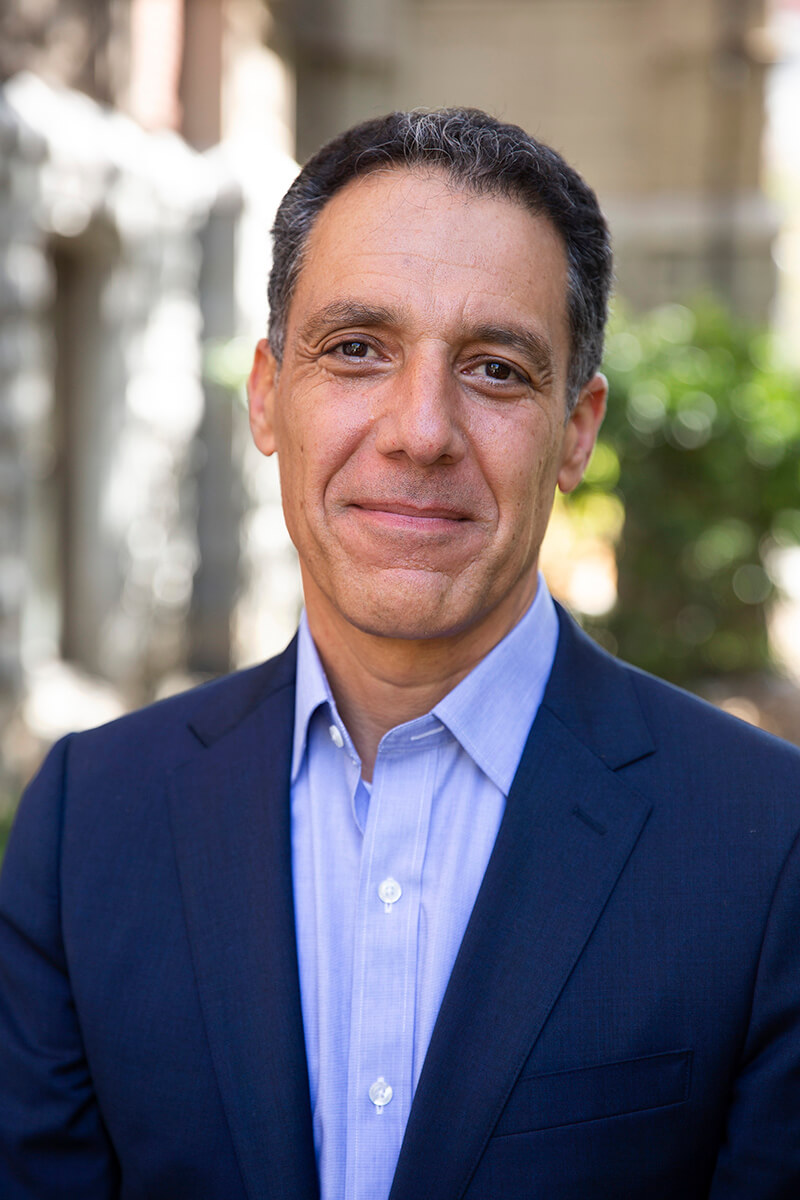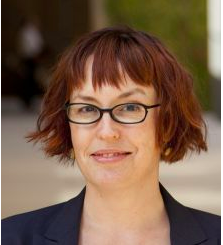The Lawfare Podcast: Gonzalez v. Google and the Fate of Section 230
Published by The Lawfare Institute
in Cooperation With

On February 14, the Brookings Institution hosted an event on the upcoming Supreme Court oral arguments in Gonzalez v. Google and Twitter v. Taamneh—two cases that could potentially reshape the internet. The Court is set to hear arguments in both cases next week, on February 21 and 22. Depending on how the justices rule, Gonzalez could result in substantial changes to Section 230 of the Communications Decency Act, the bedrock legal protection on which the internet is built.
For today’s podcast, we’re bringing you audio of that discussion. Lawfare senior editor Quinta Jurecic moderated a panel that included Hany Farid, a professor at the University of California, Berkeley, with a joint appointment in electrical engineering & computer sciences and the School of Information; Daphne Keller, the director of the Program on Platform Regulation at Stanford University’s Cyber Policy Center; Lawfare senior editor Alan Rozenshtein; and Lawfare editor-in-chief Benjamin Wittes.










